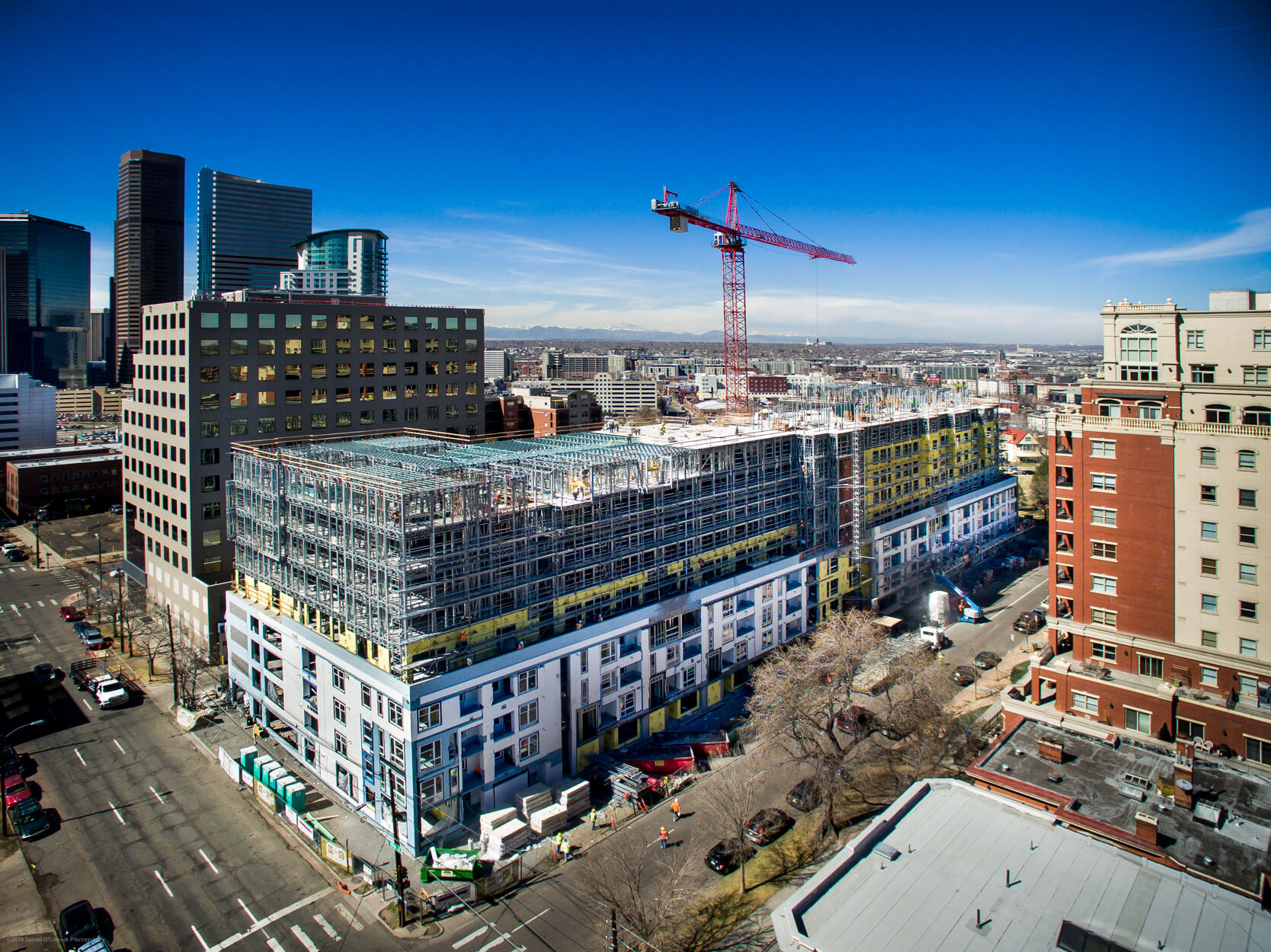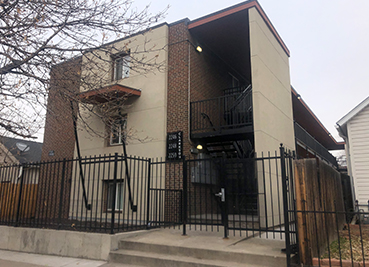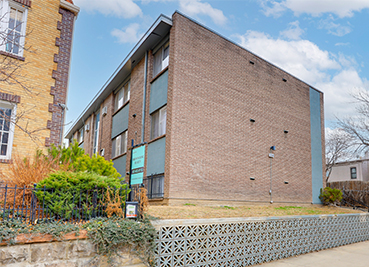
Apartment Association of Metro Denver doesn’t foresee spike, others offer dire warning
“As members of the Denver multifamily investment community, none of can honestly say we know how the remainder of the year and beyond is going to look like.
What we know as of today is that collections have been better than expected since COVID lockdowns started in March and that occupancy and lending remains very good. We are all waiting to see if/how the Federal Government extends federal unemployment benefits, which will likely have an impact in the short term on occupancy and evictions.
Please give us a call us to discuss your questions and concerns facing our industry at this time.”
-Joe Hornstein, Principal | AQYRE Real Estate Advisors
Contact Today For More Information

JOE HORNSTEIN
Principal | AQYRE Real Estate Advisors
Email:joe@northpeakcre.com
Direct:720.738.1944
Originally published by Joe Rubino | The Devner Post, July 22,2020
Denver’s average rent fell over the past 12 months. Yes, went down. Yes, it’s been a long time since that happened. More than a decade, in fact.
The Apartment Association of Metro Denver’s quarterly rental survey pegged the average cost to lease a place in the seven-county Denver area at $1,506 a month between April and June. That’s $360 less than the average rent over the same time last year. Vacancy rates, meanwhile, were roughly flat at just over 5%.
The last time the Mile High metro saw a year-over-year rent decrease: the second half of 2008 to the second half of 2009, association officials say.
In a news release covering the survey results, association executive vice president Mark Williams called the decrease “good news for future renters.”
After a decade of skyrocketing rents, the decrease is big news, but a majority of Tuesday morning’s call was spent discussing the industry’s most pressing topic: unpaid rents and whether or a major spike in evictions is coming in the months ahead.
The apartment association modified its survey, funded in part by the Colorado Division of Housing and conducted every three months by the University of Denver’s Daniels College of Business and Colorado Economic and Management Associates, to collect COVID-19 specific data last quarter. Across its members — a group of small, medium and large landlords that own more than 361,000 apartments in the Denver — a majority reported that at least 95% of their tenants are up to date on rent.
“We went into April with the prediction that it would be pandemonium and that didn’t happen,” Drew Hamrick, the association’s senior vice president of government affairs, said Tuesday. “We are not experiencing a crisis of evictions.”
(At the end of April, Gov. Jared Polis issued an eviction moratorium that was extended through June 13. He has also extended the eviction notice period in the state from 10 to 30 days for the time being, effectively delaying evictions.)
Even though Colorado’s June unemployment rate of 10.5% is more than four times higher than what it was in February, he does not expect a major spike in evictions. In June, 95.4% of Coloradans paid their rent, according to the data Hammrick presented, down less than 1% from June 2020.
“You’re not going to see a 10-fold increase in the evictions number,” he said. “The landlord doesn’t make any money on empty units, and obviously we all need a place to live.”
Apartment association officials acknowledged the rental delinquency rates varied by the type of property. High-end “Class A” spaces reported late payment rates around 2%. Meanwhile, much cheaper “Class C” buildings that cater to lower-income earners saw delinquency of greater than 10%, according to Williams.
The Denver Housing Authority manages more than 4,400 apartments in Denver, ranging from market-rate to income-qualified affordable units. As of the end of June, 14.5% of its tenants owed past-due rent, according to agency spokeswoman Stella Madrid. None of those people will lose their homes.
“We are working with all of the families on a payment plans,” Madrid said. “We’re in the business of housing, not in the business of evictions.”
Zach Neumann sees the potential for a huge spike in evictions in Colorado based on factors including unemployment and the impending end of the $600-per-week federal unemployment subsidy. His COVID-19 Eviction Defense Project’s current forecast projects that more than 390,000 Coloradans will be at risk of eviction by the end of September. He believes people are doing everything they can to stay housed and if the state or federal government doesn’t provide more support, many people will run out of rope.
“The fear of becoming homeless is incredibly powerful and people will literally spend their last possible dollar to remain housed,” he said.



